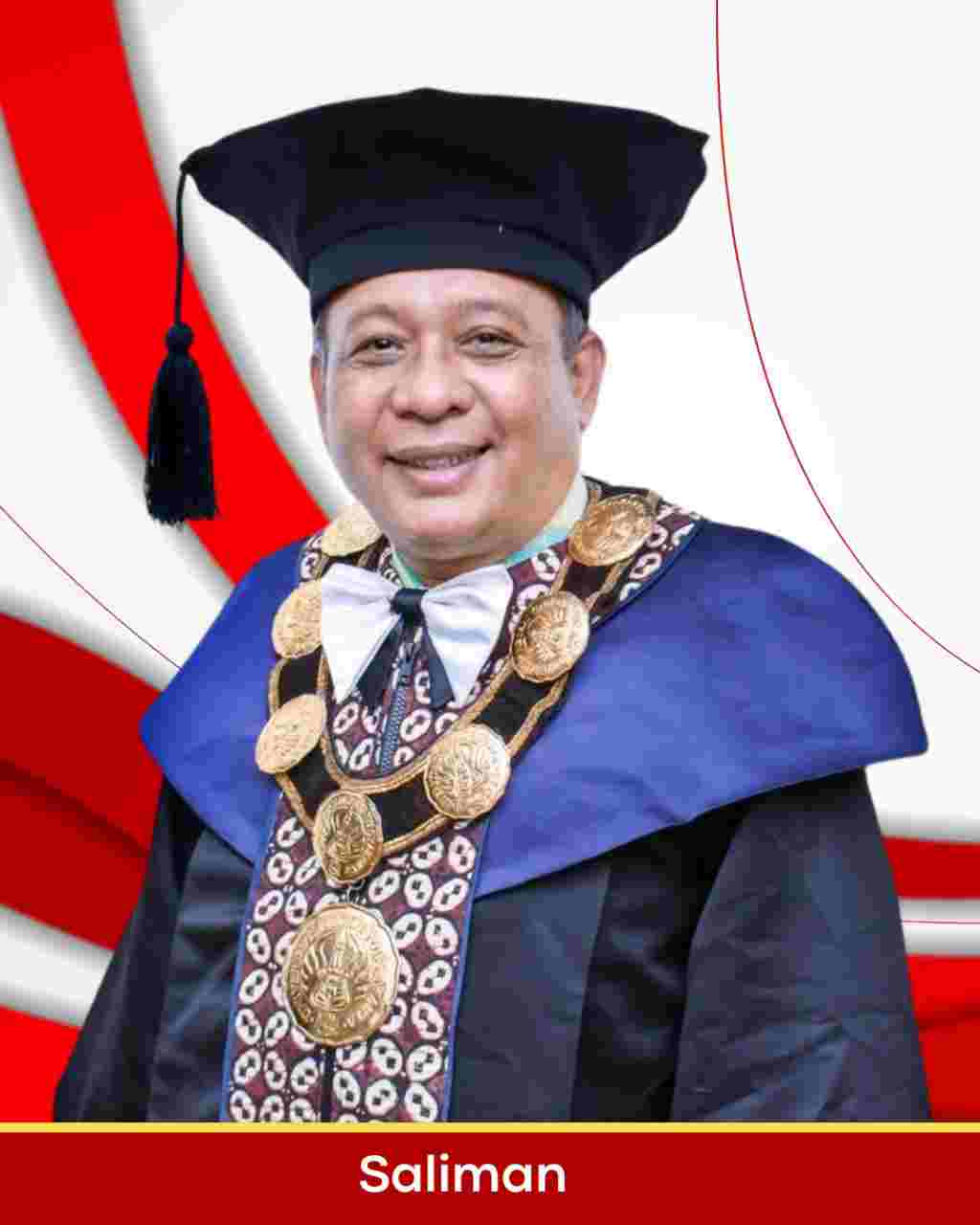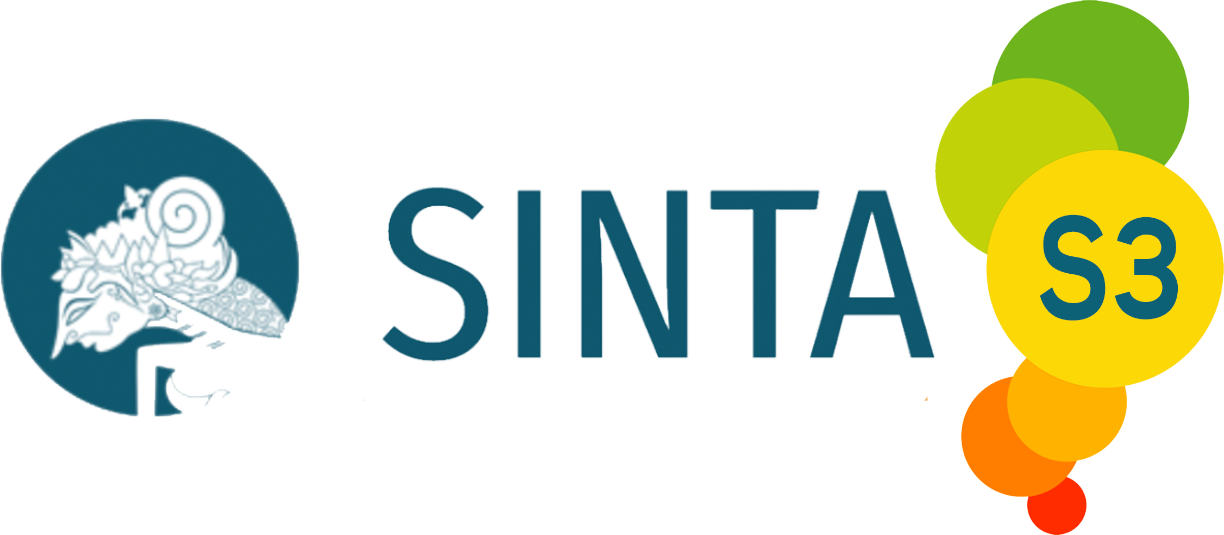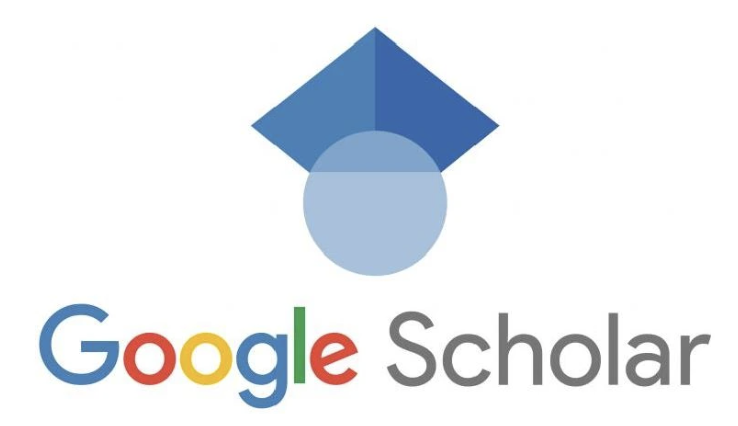Deep Learning-based Social Studies learning to improve student character: Arjun Appadurai's perspective
DOI:
https://doi.org/10.21831/jipsindo.v12i2.86616Keywords:
Deep Learning, Social Studies Education, Globalization Theory, Arjun AppaduraiAbstract
The integration of deep learning into Social Studies education presents new possibilities for enhancing students' understanding and shaping their character in the face of globalization. This research investigates how deep learning techniques can be applied in social studies education by utilizing Arjun Appadurai’s social theory of globalization, which identifies five dimensions of global cultural flows: ethnoscapes, technoscapes, finanscapes, mediascapes, and ideoscapes. These aspects guide students in developing critical thinking skills and adaptability in a world that is becoming increasingly interconnected. Through a qualitative approach and a comprehensive literature review, this study explores the potential of deep learning techniques, including neural networks and natural language processing, to create personalized learning experiences that foster engagement with global social issues. By integrating deep learning into social studies curricula, students gain the ability to analyze globalization’s impact on societies with a more interdisciplinary perspective. Findings suggest that deep learning encourages analytical thinking, ethical reasoning, and intercultural awareness, preparing students to address modern global challenges effectively. This research highlights the importance of aligning artificial intelligence with educational principles to build a more dynamic and responsive social studies curriculum. Ultimately, the study seeks to bridge theoretical insights with practical applications, promoting the development of globally competent individuals capable of critical reflection and ethical decision-making
References
Agyeman, N. Y. B. (2024). Deep learning in high schools: exploring pedagogical approaches for transformative education. Humanika: Kajian Ilmiah Mata Kuliah Umum, 24(2), 111–126.https://doi.org/10.21831/hum.v24i2.71350
Ampuja, M. (2012). Theorizing globalization: A critique of the mediatization of social theory. MedieKultur: Journal of media and communication research. 29( 4). 10.7146/mediekultur.v29i55.8132.
Anggito, Albi, and J. S. (2018). Metodologi penelitian kualitatif. Jejak Publisher.
Appadurai, A. (1996). Modernity at large: Cultural dimensions of globalization. Vol. 1. University of Minnesota Press .
Appadurai, A. (2000). Grassroots Globalization and the Research Imagination. Public Culture, 12(1), 1–19. https://doi.org/10.1215/08992363-12-1-1
Appadurai, A. (2004). The Capacity to Aspire: Culture and the Terms of Recognition. In V. Rao & M. Walton (Eds.), Culture and Public Action (pp. 59–84). Stanford, CA: Stanford University Press
Dewi, Dinie Anggraeni, et al. (n.d.).(2021). Menumbuhkan karakter siswa melalui pemanfaatan literasi digital. Jurnal Basicedu 5 (6): 5249-5257.https://doi.org/10.31004/basicedu.v5i6.1609
Giddens, A. (1999). Runaway World: How Globalization is Reshaping Our Lives. Routledge
Giddens, A. (1998). The Third Way: The Renewal of Social Democracy. Polity Press
Larochelle, H., Erhan, D. & Vincent, P.. (2009). Deep Learning using Robust Interdependent Codes. Proceedings of the Twelfth International Conference on Artificial Intelligence and Statistics in Proceedings of Machine Learning Research. 5:312-319 Available from https://proceedings.mlr.press/v5/larochelle09a.html.
Hu, Shuo, et al. (2016). A review about building hidden layer methods of deep learning. Journal of Advances in Information Technology. 7 (1).
J. Weston, F. Ratle, and R. C. (2008). Deep learning via semi supervised embedding. In Proc. 25th International Conference on Machine Learning, New York, NY, USA: ACM, 1168 1175.
Jayatri, S. N., Safitri, D., & Sujarwo. (2023). Tantangan dan Peluang Penggunaan Deep Learning Dalam Pembelajaran IPS di Era Digital. Jurnal Pendidikan Sosial Humaniora, 7(1), 25–38. https://doi.org/10.62017/arima.v2i4.4323
Mei, N., & Jayatri, S. N. (2025). Tantangan dan Peluang Penggunaan Deep Learning Dalam Pembelajaran IPS di Era Digital. 2(4), 30–43.https://doi.org/10.62017/arima.v2i4.4323
Mou, S., Zhang, S., Chen, J., Zhai, H., & Zhang, Y. (2022). A Deep Learning-Based Grouped Teaching Strategy for Experimental Training. Ingénierie Des Systèmes D’information, 27(2), 321–326. https://10.18280/isi.270216.
Mubaroq, M. M. (2025). Joyful Learning Sebagai Pendekatan Humanis Dalam Pendidikan Agama Islam. 3(2), 177–184.https://doi.org/10.56854/sasana.v3i2.455
Patrisia Wau,Maria (2023), “Deep Learning Dalam Pembelajaran Ilmu Pengetahuan Sosial Di Sekolah Dasar,” Prosiding Senassadra
Pradana, Y. (2016). Pengembangan karakter siswa melalui budaya sekolah. Untirta Civic Education Journal . 1(1). 55-67. https://dx.doi.org/10.30870/ucej.v1i1.1883
Rai, S. (2018). Arjun Appadurai and Critical Cultural Studies. Oxford Research Encyclopedia of Communication.
Rifa’i, Y. (2023). Analisis Metodologi Penelitian Kulitatif dalam Pengumpulan Data di Penelitian Ilmiah pada Penyusunan Mini Riset. Cendekia Inovatif Dan Berbudaya 1.1 : 31-37.https://doi.org/10.59996/cendib.v1i1.155
Rizvi, F., & Lingard, B. (2010). Globalizing Education Policy. New York: Routledge
Royani, R., Ahda, S., & Silalahi, S. (2024). Model Pembelajaran Deep Learning untuk Meningkatkan Pemahaman IPS di Sekolah Dasar: Studi Kasus di SD Global Garuda Nusantara. Jurnal Ilmiah Guru Madrasah, 3(2 SE-Articles), 77–88. https://doi.org/10.69548/jigm.v3i2.27
Salam, R. (2017). Model pembelajaran inkuiri sosial dalam pembelajaran IPS. HARMONY: Jurnal Pembelajaran IPS Dan PkN. 2 (1). 7-12.
Subhaktiyasa, P. G. (2024). Menentukan Populasi dan Sampel: Pendekatan Metodologi Penelitian Kuantitatif dan Kualitatif. Jurnal Ilmiah Profesi Pendidikan. 9 (4). 2721–2731. https://doi.org/10.29303/jipp.v9i4.2657
Utami, Ita, Amalia Muthia Khansa, and Devianti, E. (2020). Analisis pembentukan karakter siswa di sdn tangerang 15. Fondatia. 4(1). 58-179. https://doi.org/10.36088/fondatia.v4i1.466
Downloads
Published
How to Cite
Issue
Section
Citation Check
License
Copyright (c) 2025 Meilani Noor Khasanah, Rhoma Dwi Aria Yuliantri, Agustina Tri Wijayanti

This work is licensed under a Creative Commons Attribution-ShareAlike 4.0 International License.
Authors who publish with this journal agree to the following terms:
- Authors retain copyright and grant the journal right of first publication with the work simultaneously licensed under a Creative Commons Attribution License that allows others to share the work with an acknowledgement of the work's authorship and initial publication in this journal.
- Authors are able to enter into separate, additional contractual arrangements for the non-exclusive distribution of the journal's published version of the work (e.g., post it to an institutional repository or publish it in a book), with an acknowledgement of its initial publication in this journal.
- Authors are permitted and encouraged to post their work online (e.g., in institutional repositories or on their website) prior to and during the submission process, as it can lead to productive exchanges, as well as earlier and greater citation of published work (See The Effect of Open Access).

JIPSINDO (Jurnal Pendidikan Ilmu Pengetahuan Sosial Indonesia) is licensed under a Creative Commons Attribution-ShareAlike 4.0 International License.
Based on a work at https://journal.uny.ac.id/index.php/jipsindo.















